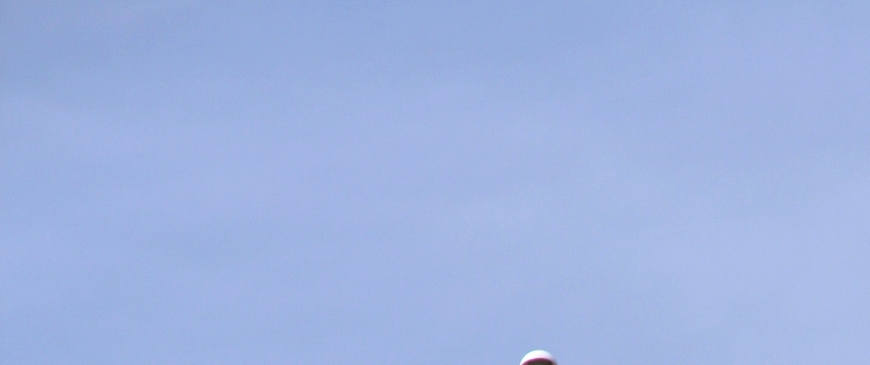
Ukraine’s real problem
A marriage of convenience is probably too charitable a description of the relationship between Ukraine’s president, Viktor Yushchenko, and its prime minister, Viktor Yanukovich. Even taking account of their bitter struggle for power in 2004, few could have imagined that they would make such a mess of Ukraine’s ties with the outside world. Since the 2006 elections led to their improbable and awkward power-sharing agreement, Ukraine’s relations with NATO have been chaotic. Visiting Brussels last September, Yanukovich (in opposition to his foreign ministry) in effect removed his country from a NATO membership path. At the EU he reaffirmed Ukraine’s strategic goal of integrating with it. Yet in the same month he railed against the EU for treating Ukraine as a “beggar” and called for a “restoration of mutually advantageous good neighbourhood” with Russia. It is only fitting that a country without a coherent foreign policy has lacked a foreign minister since January 2007; Boris Tarasyuk, the western-leaning foreign minister and Yushchenko ally, resigned after a particularly nasty campaign by the Yanukovich camp.
The prospect of NATO membership is fast receding. NATO governments, confused over whether they are dealing with a candidate or just a friend, have in effect asked the alliance’s international staff to slow down all but the most technical parts of its co-operation programme with Ukraine. Relations with the EU are faring somewhat better. Commission officials say that Yanukovich’s return to power slowed down talks with the EU, but not dramatically. That is mainly because these talks always moved at glacial pace, even in the heady days that followed the ‘orange revolution’.
Kiev’s drift away from NATO does not mean Russia is regaining control. Indeed, some Kremlin officials speak of losing Ukraine and talk contemptuously of Yanukovich. The real question arising from the events of the past year is whether the country’s weak institutions can permit any sustained and sustainable foreign policy. As the European Commission has also found out, Ukraine’s civil service can be the country’s worst enemy.
Even when Yushchenko was a stronger leader, the reformers around him seemed isolated from the large bureaucracies they ostensibly administered. Many of their policies, like the agreements struck with NATO and the EU, foundered on inertia at lower levels. AnatoliyHrytsenko, a Yushchenko ally with a think-tank background, remains defence minister, but strikes a lonely figure. The bodies he in theory controls are crucial to determining whether Ukraine can be truly independent. The armed forces are an obstacle to NATO membership, with many officers neck deep in corruption. They are also a tool for the influence of Moscow, through the presence of the Russian Black Sea fleet in Crimea and through continued Russian influence over Ukraine’s intelligence services. Without profound security sector reform, in short, Ukraine cannot get much closer to NATO or the EU. When NATO recommends significant troop reductions, Ukraine cuts, but only marginally. When allies suggest building light deployable forces, Ukraine retains most of its heavy tanks, completely unsuited for expeditionary warfare. The country’s military reforms have been an incoherent compromise between the modernisers and the entrenched bureaucracy, neither fish nor fowl.
One Ukrainian trait that the orange revolution did not change is the self-serving nature of the public institutions. Civil servants see no interest in integrating with NATO or the EU and are largely impervious to guidance from the top. This is good news, of sorts. As long as self-enrichment remains the bureaucracy’s philosophy, Ukraine is just as immune to Russia’s wooing as it is to NATO or EU overtures. The state apparatus is simply too incoherent and inward-looking to tilt Ukraine decisively into Russia’s orbit.
But clearly, this cannot be a basis for running a country. The EU, which manages a broad range of assistance programmes in the country, may have a solution. It has recently begun lending Ukrainian ministries civil servants from its member-states. Such ‘twinning’ has made a positive impact in nearby Moldova and could help to impart western notions of public service in Kiev. The EU is also negotiating a new partnership and co-operation agreement, which will hold out the prospect of much freer trade with Ukraine. The EU should also greatly expand the opportunities for Ukrainians to attend EU universities. It should make the education of the next generation of Ukrainian leaders a strategic priority. For Ukraine, transforming its administrative culture is as important as forging new institutional links with the EU or NATO.
